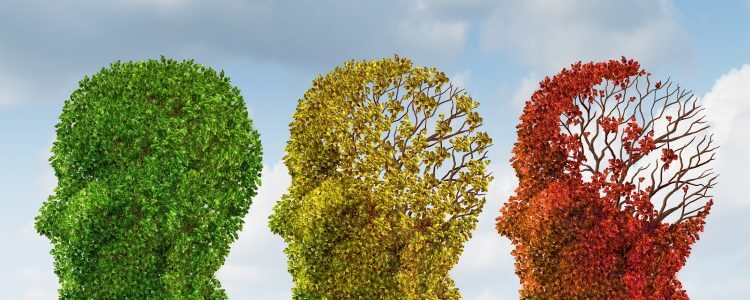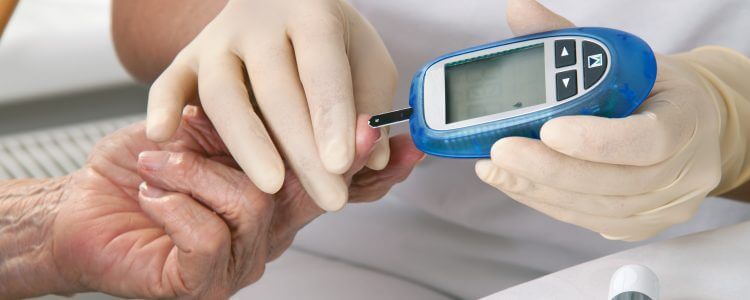
How to Reduce the Risk of Dementia
May 16, 2019
Diabetic Neuropathy – Its Cause and Symptoms
July 16, 2019Short-Term Memory Loss vs Long-Term Memory Loss
Have you ever wondered why some people easily remember the name of their first grade best friend from 30 years ago – yet when they walk into a room, they will suddenly forget why they’re there? Or have you experienced it yourself? It may seem odd how people remember information so mundane yet forget those that are actually worthy at this point in life.
Short-term and long-term memory loss have the same effect yet different characteristics that may affect the individual’s way of dealing with other people or situations happening around.
The differences between short-term memory loss and long-term memory loss
Short-term memory is the capacity to hold small amounts of information in the brain. Long-term memory is a different type of memory in which you hold information in your brain from the past.
Each of these types of memories is very important to us and a person can lose each type of memory for different reasons.
It is common for the aging brain to begin to lose short-term memory. This short-term memory loss can cause issues such as forgetting where you set your car keys to forgetting that you had a medication to take.
Long-term memory loss can be caused by issues like injury, infection or trauma. A person with long-term memory loss will commonly forget their past such as old friends names or important vacations that they went on with their family.
Causes of memory loss
Lack of good night’s rest
Lack of sleep has a great impact on your mind’s capacity to think and retain information. A minimum of 7 hours of uninterrupted sleep is suggested for adults.
Side effects of medication
Some medications for depression, heartburn, blood pressure, and overactive bladder can affect the memory of both short and long term. Consulting with your physician to see if adjustments can be made could alleviate some memory-related issues.
Stress and anxiety
Both stress and anxiety are known to affect human functions. Stress and anxiety is the result of excessive production of the stress hormone, cortisol which is proven to interfere with the ability of the hippocampus to make and recall memories. Implementing a stress reduction program can help with memory function and improve the overall quality of life. Aside from that, managing stress and anxiety properly is a great way to improve your health condition.
Depression
Just like anxiety and stress, depression is linked to short-term memory loss. Thus, proper depression management and treatment is highly recommended to help alleviate memory-loss issues.
Drug abuse, alcohol, and tobacco consumption
Excessive consumption of alcohol affects short-term memory and can continue to interfere with memory afterward. Thus, doctors advise to track alcohol consumption and avoid high dosage that may affect the capacity of the brain to retain memory.
Dementia
Dementia is the term used for the condition of progressive loss of memory and other aspects of the brain’s capacity to think. Dementia can be severe enough that it already interferes with the person’s ability to interact with others and do his daily tasks.
Stroke
It is one of the common causes of short-term memory loss which happens when the blood supply to the brain stopped due to the blockage in the vessel. For patients who experience a stroke, it’s easier for them to recall a past memory than what they had for breakfast. Memory loss caused by stroke usually diminishes in effect once the patient has fully recovered.
Occasional forgetfulness is a common phenomenon. But, if it starts to affect how you deal with other people or accomplish your daily tasks, consult your doctor for proper assessment and possible treatment.
Sources:
https://www.livescience.com/42891-short-term-memory-loss.html
https://www.webmd.com/brain/memory-loss


